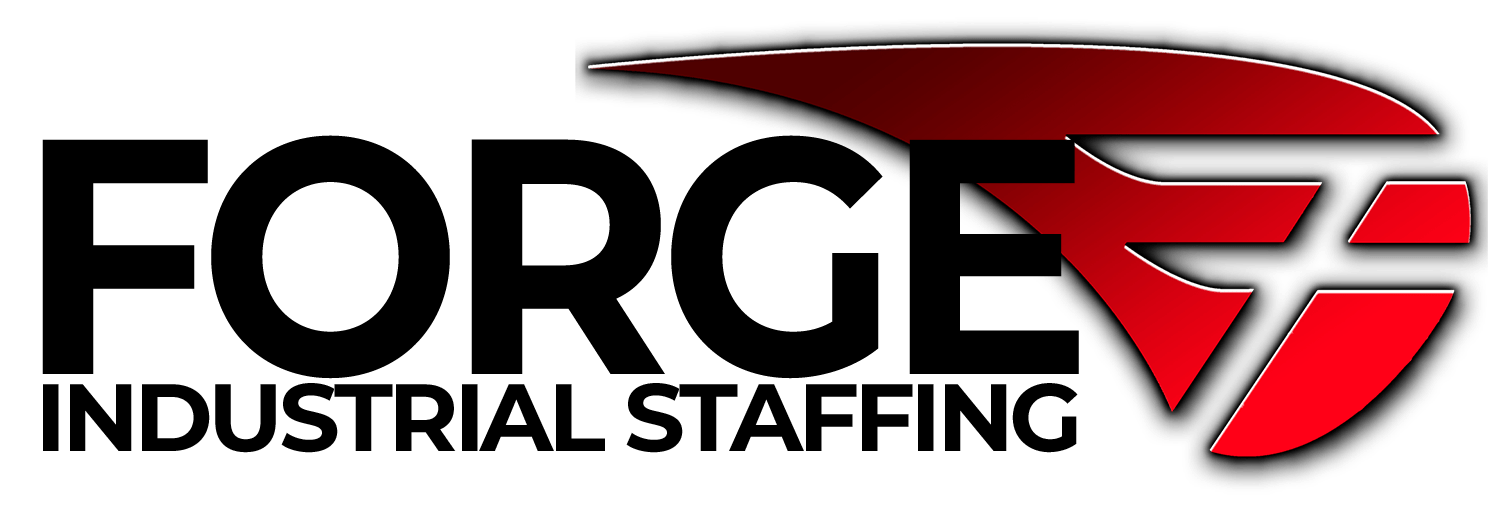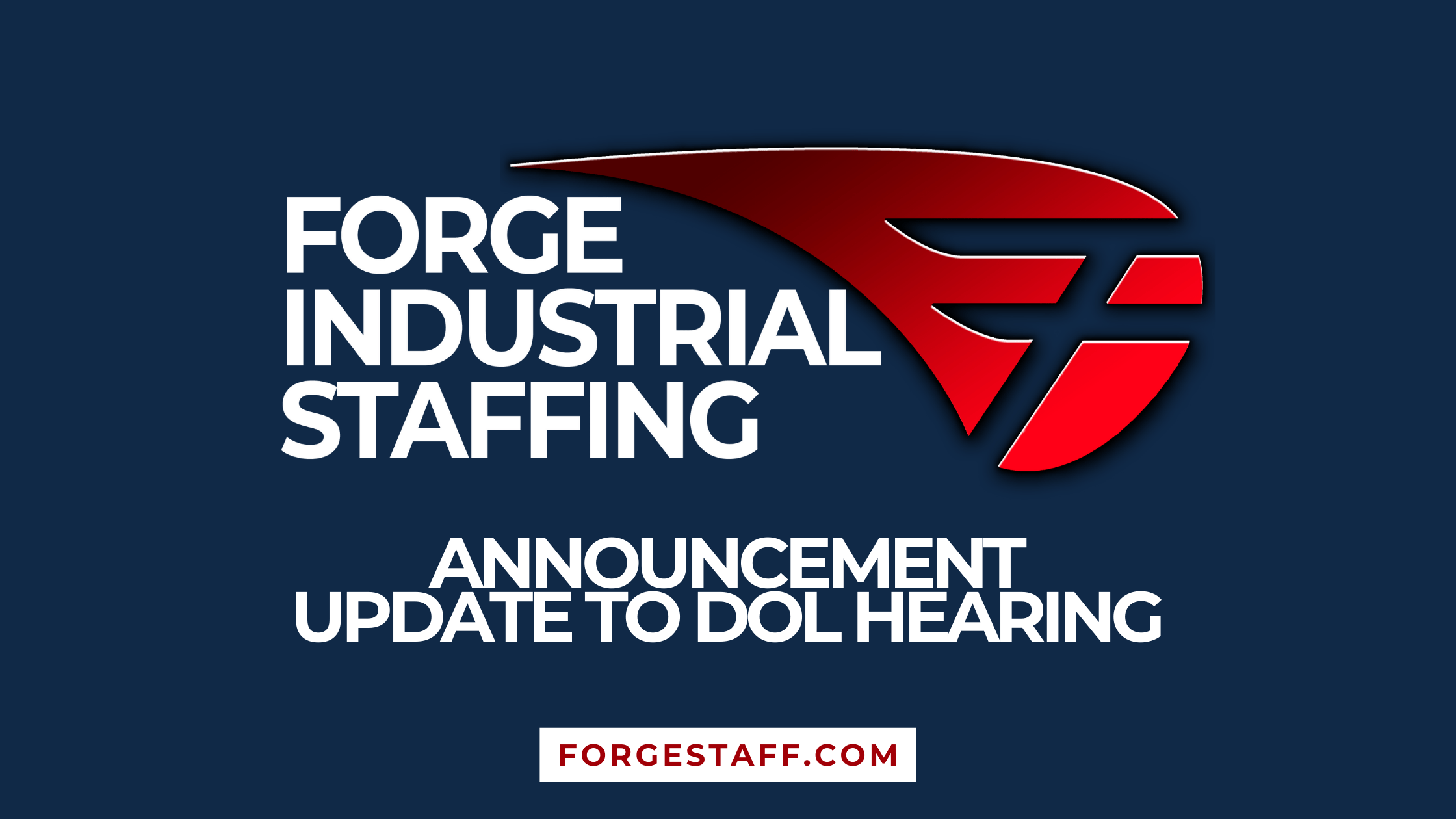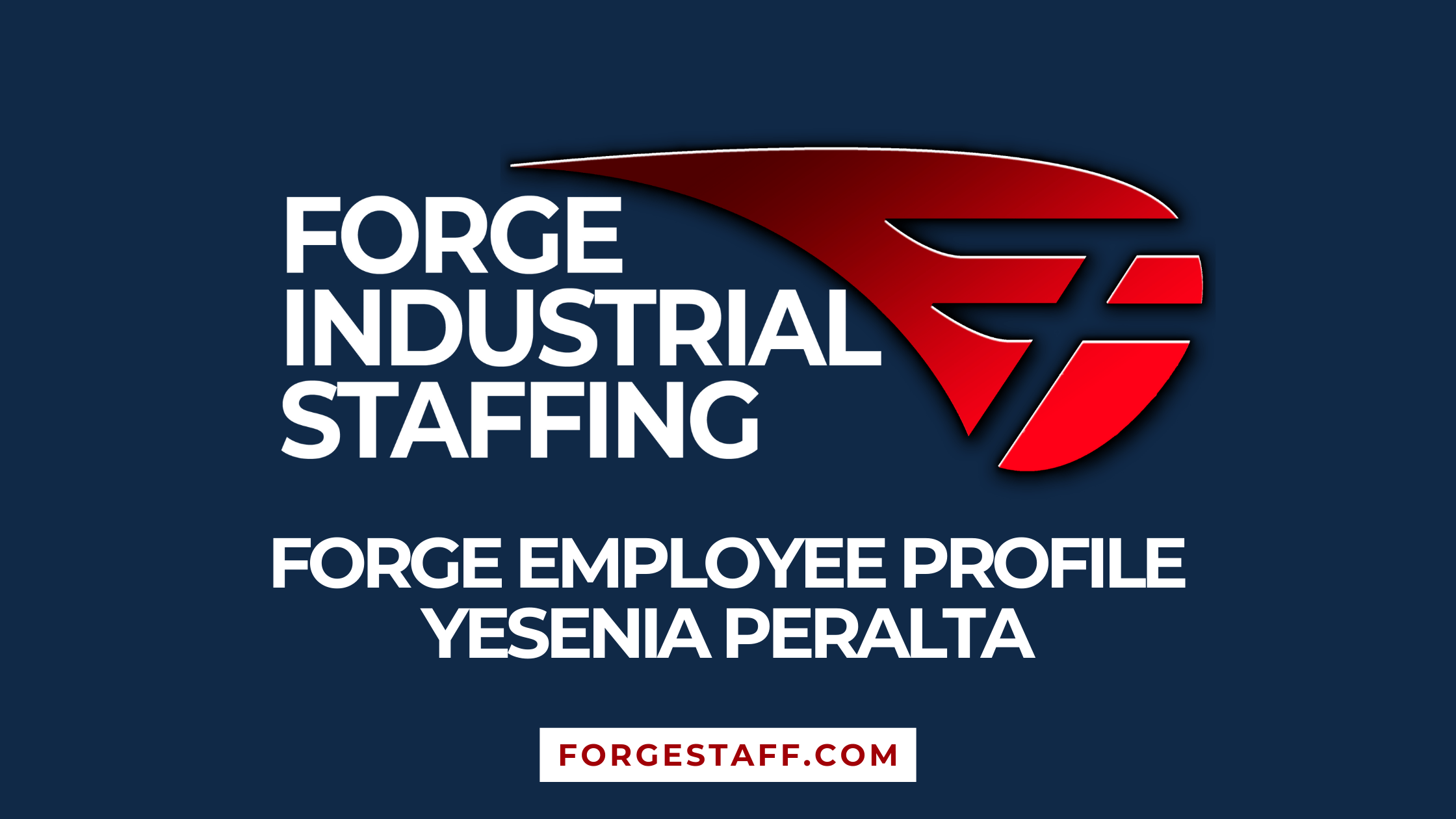Job hunting is rarely a pleasant activity, but it doesn’t have to be nightmare. Smart seekers who match their job search efforts to the types of fields they want to break into find it easier to establish lucrative connections. Here’s how Forge is changing the way professionals engage with the industrial labor market.
The Unique Problems of Industrial Employment Fulfillment
Light industrial jobs are special because they’re important to a broad spectrum of industries. For instance, an immunology scientist may work in a medical research laboratory. A machine operator or QC inspector might also find work with the same lab’s supply-chain department, but they could just as easily be employed by retail manufacturers or construction firms.
On the one hand, this means there are many viable career paths to follow. It also makes it difficult to craft your resume and build experience that might suit a given position. Prospective employers might also fail to immediately recognize how your particular combination of skills from diverse fields could be an extremely valuable asset.
The Value of Forging Connections
Of course, employment isn’t just about having the right kind of expertise. According to job-market data published in the Huffington Post, networking played a role in a whopping 80 percent of the jobs filled in 2013. In short, even if you’re extremely talented, building relationships definitely matters.
Why do connections matter so much? Software disqualifies 50 percent of applications before a human being ever sees them. Employers can pick and choose, so you must stand out.
Seeking employment through a reputable network could determine whether your application gets noticed early enough to surmount the initial hurdles. By giving hiring managers the ability to judge your skills within the context of your connections, industrial labor tools like Forge help you make a lasting impression.
[content_block id=47771]







